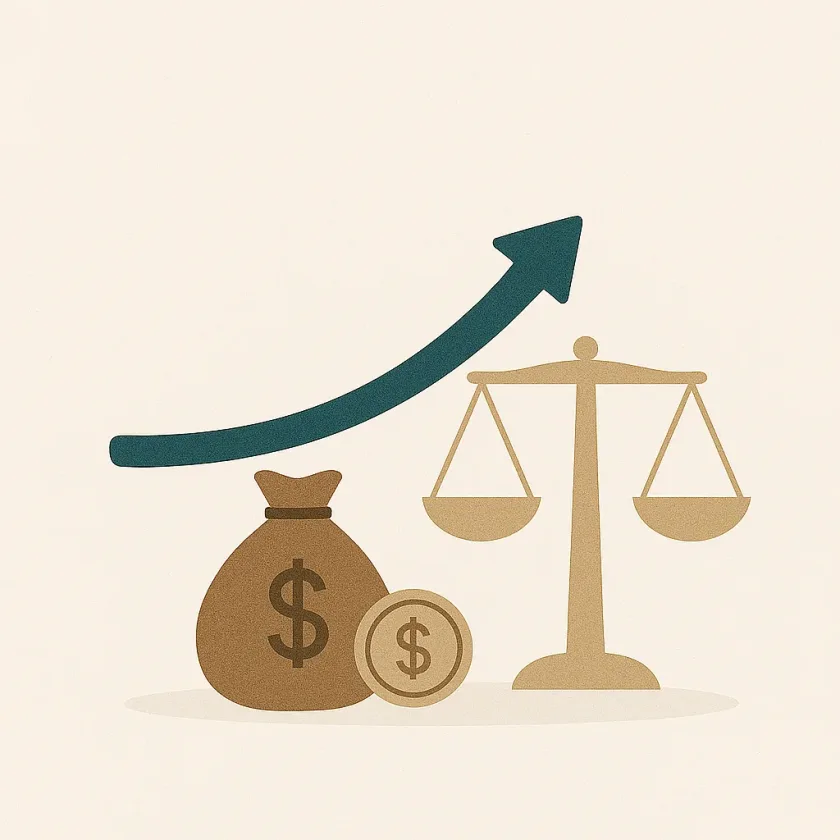After a summer of economic crosscurrents—from persistent inflation to shifting consumer sentiment—one principle stands out more than ever: financial flexibility isn’t just a strategy, it’s a survival skill.
In a world where headlines swing from optimism to caution in a matter of days, rigid financial plans can leave individuals and businesses vulnerable. The ability to pivot, reassess, and adapt is what separates those who thrive from those who merely endure.
🔄 The Case for Flexibility
Financial flexibility means having the tools, mindset, and structure to respond to change without derailing long-term goals. It’s not about abandoning discipline—it’s about building resilience.
Key components include:
- Robust emergency savings that go beyond the traditional three-month rule
- Diversified investments that balance growth with stability across asset classes
- Debt management strategies that prioritize liquidity and optionality
- Spending habits that allow for rapid recalibration without lifestyle shock
📉 Why It Matters Now
Global markets are navigating a complex landscape: inflationary pressures, geopolitical tensions, and evolving trade dynamics. These forces create ripple effects that touch everything from mortgage rates to grocery bills.
In this environment:
- Fixed-rate decisions can feel like handcuffs
- Overleveraged portfolios risk steep drawdowns
- Inflexible budgets can amplify stress during downturns
Flexibility allows for strategic pauses, timely reallocations, and smarter risk-taking. It’s the financial equivalent of keeping your knees bent during turbulence.
🧭 Building a Flexible Framework
To cultivate financial agility, consider:
- Scenario planning: Map out best-case, worst-case, and middle-ground outcomes for your finances
- Regular reviews: Monthly or quarterly check-ins to reassess goals and adjust tactics
- Contingency buffers: Whether it’s cash reserves or credit access, build cushions that buy time and options
- Mindset shifts: Embrace uncertainty as a constant, not a disruption
💬 Final Thought
Financial flexibility isn’t a luxury—it’s a necessity in today’s volatile climate. It empowers you to make informed decisions under pressure, seize opportunities when they arise, and weather setbacks with confidence.
As the economic narrative continues to evolve, staying nimble may be the most valuable investment of all.

